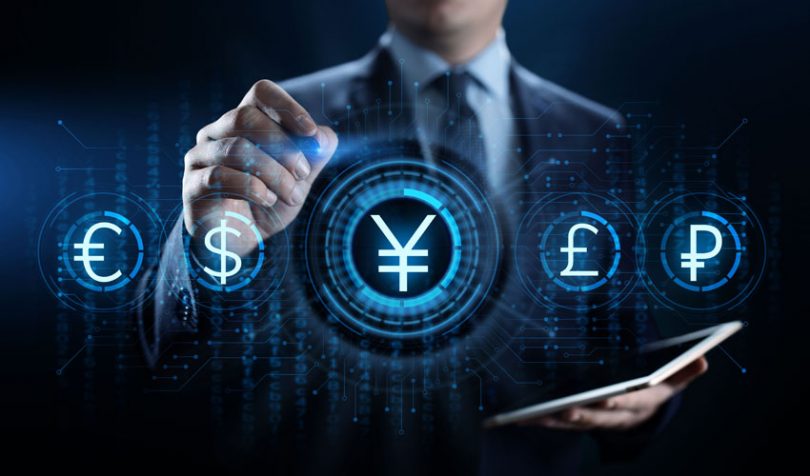Yesterday the responses given by Prime Minister of Japan Shinzo Abe to questions on Facebook’s Libra and digital currencies were published by New Economy. Democratic member of the nation’s House of Representatives and promotor of blockchain, Kazuma Nakatani, asked the government of their stance on the controversial cryptocurrency.
There are international concerns that Libra, the Switzerland-based conglomerate-backed digital currency, could disrupt the financial system. Criticism has come from the People’s Bank of China, the U.K. Financial Conduct Authority, and prominently U.S. fiscal lawmakers among others. Nakatani was, therefore, keen to learn what the Japanese government’s opinion on the ‘stablecoin’ is.
Shinzo Abe revealed that Libra was indeed a topic of discussion between Japan’s Ministry of Finance, Financial Services Agency, and the Bank of Japan.
However, he stopped short of sharing a clear view of the currency, stating only that: “We would like to consider appropriately how research related to the economic impact of stable coins, including the “Libra” that you pointed out, based on the progress of the future situation.”
What about how Libra may affect the Japanese economy?
Abe, again, was rather vague: “Since the details of the “Libra” that you pointed out are not necessarily clear, it is difficult to answer the impact on Japan at this time. In any case, we will continue to pay attention to the situation and respond appropriately based on international discussions.”
Much unlike members of the U.S. House of Representatives, “there is a lack of sense of crisis for the disruptive innovation that Libra might give,” as Nakatani put it.
This sense of crisis is evident in that three partners of the currency are supposedly planning to distance themselves from Libra, as revealed last week. At the same time, reports that European Union antitrust regulators were investigating the cryptocurrency were released.
It appears that the Japanese government does not share concern over Libra. What about state-backed digital currencies? Japanese banks such as Mizuho have been looking into digital currencies for some time, particularly in the run up to the 2020 Olympics.
Nakatani thinks that “it is necessary to consider the issuance of Central Bank Digital Currency (CBDC)”, citing nations such as Sweden and China who are doing so. He also mentions Alibaba and Tencent as financial platform giants to keep an eye on. Today, those firms were revealed as possible issuers of China’s own CBDC.
Shinzo Abe responded: “it is necessary to consider the convenience of the people who use the currency and the safety of payment, the impact on the financial system of issuing the currency, etc.”
He reiterated his cautious attitude: “With regard to stable coins, it is pointed out that there is the possibility of making payment services easier to use and the possibility of making cross-border payments faster and cheaper, but there are also indications that various risks arise.”






